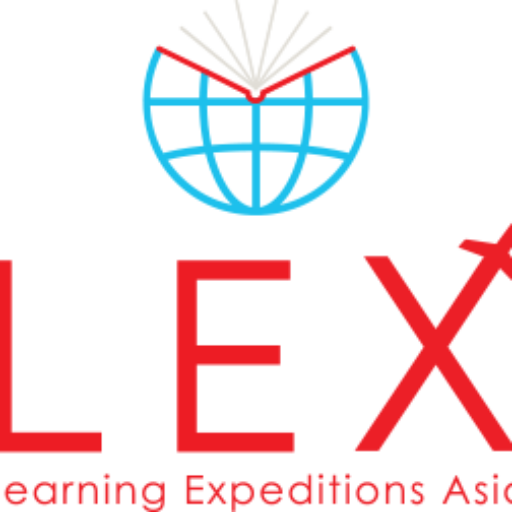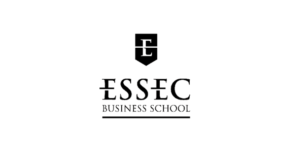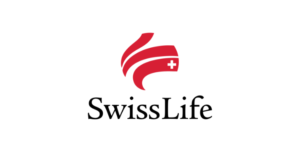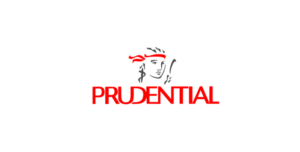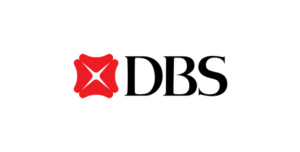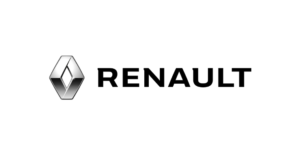-
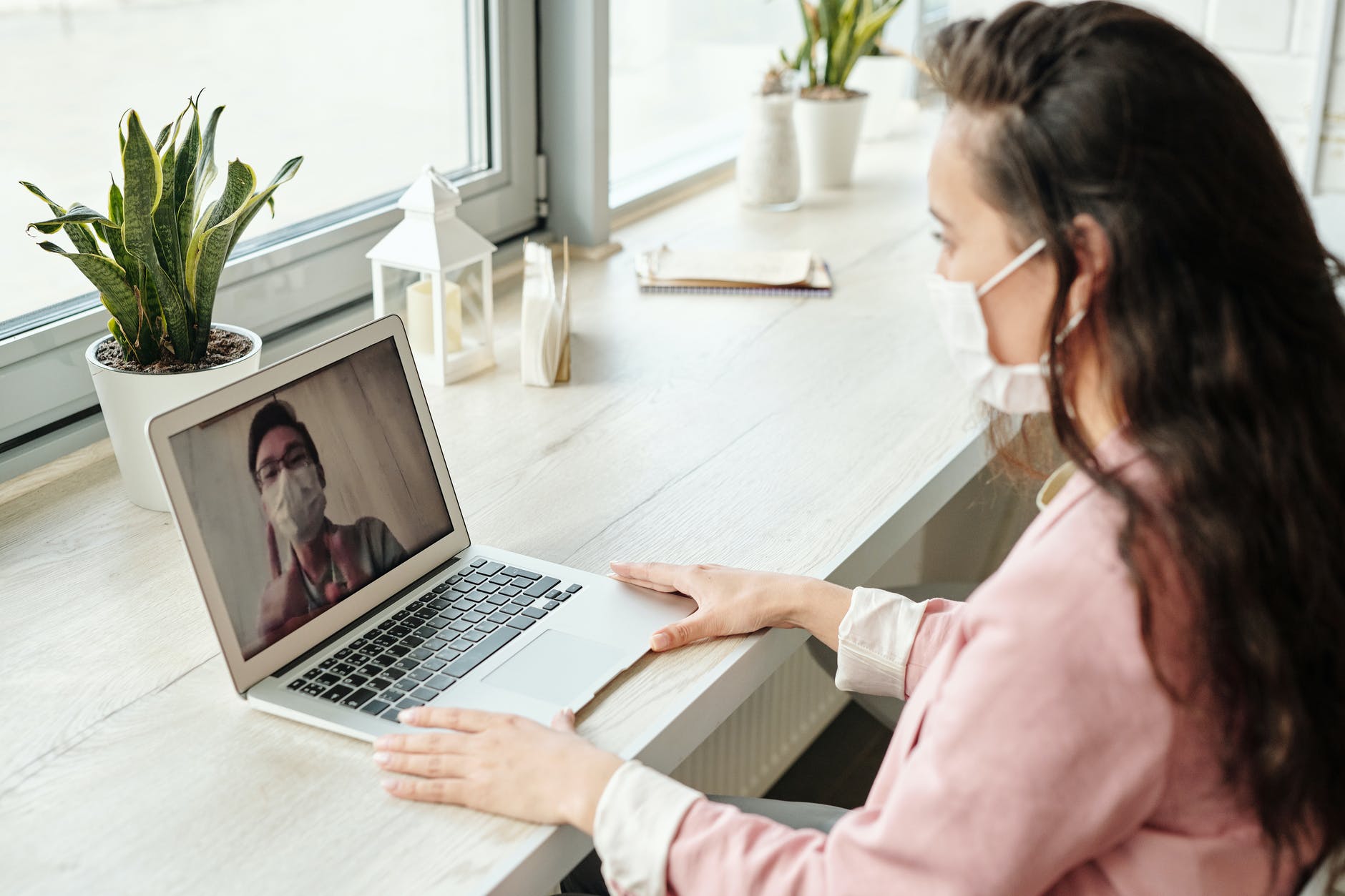 HEALTHTECH
HEALTHTECHExplore the future of healthcare
CONTACT US to organize your Learning ExpeditionOFFLINE/ONLINE LEARNING EXPEDITION
NEW ! Virtual Learning Expeditions
Why going digital?
– Cost-effective for large number of participants
– Explore multiple ecosystems around the world at the same time
– Flexible timings

Explore the future of healthcare
Healthtech is one of the world’s fastest growing sectors. In the United States alone, more than 20 billion dollars were invested in healthtech in 2018.
Among the growing trends:
– The future of healthcare will be preventive, with a growing use of connected devices to monitor health parameters.
– Access to healthcare professionals will be more and more remote
– Many tech companies are betting on AI and machine learning to advance research in medicine.
In the midst of the Covid-19 health crisis, new healthcare technologies have been tested and used to limit the spread of the virus, accelerating innovation in the field.
We design and organize HealthTech learning expeditions in various cities, as well as virtual learning expeditions, to help companies explore how new technologies are transforming the sector, from accelerating research to improving healthcare access. According to your specific area of interest, we recommend learning from 3 main ecosystems: Bangalore, Tel Aviv or Lagos.
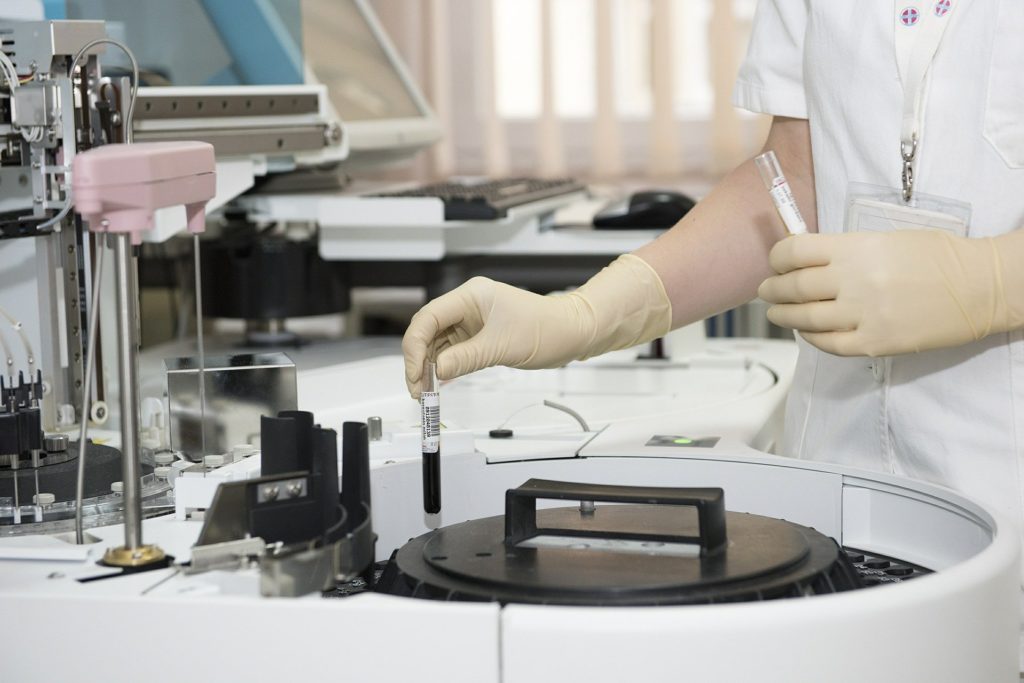
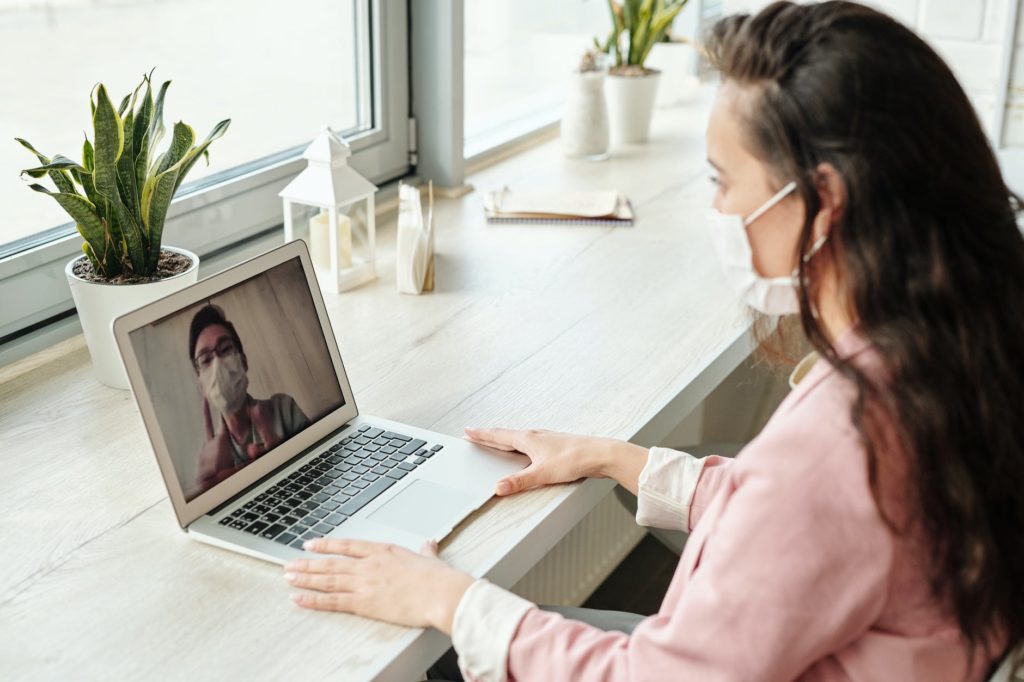





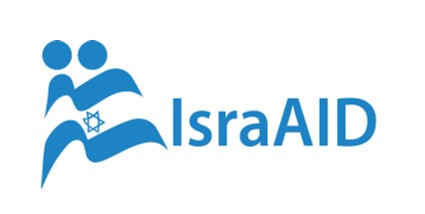

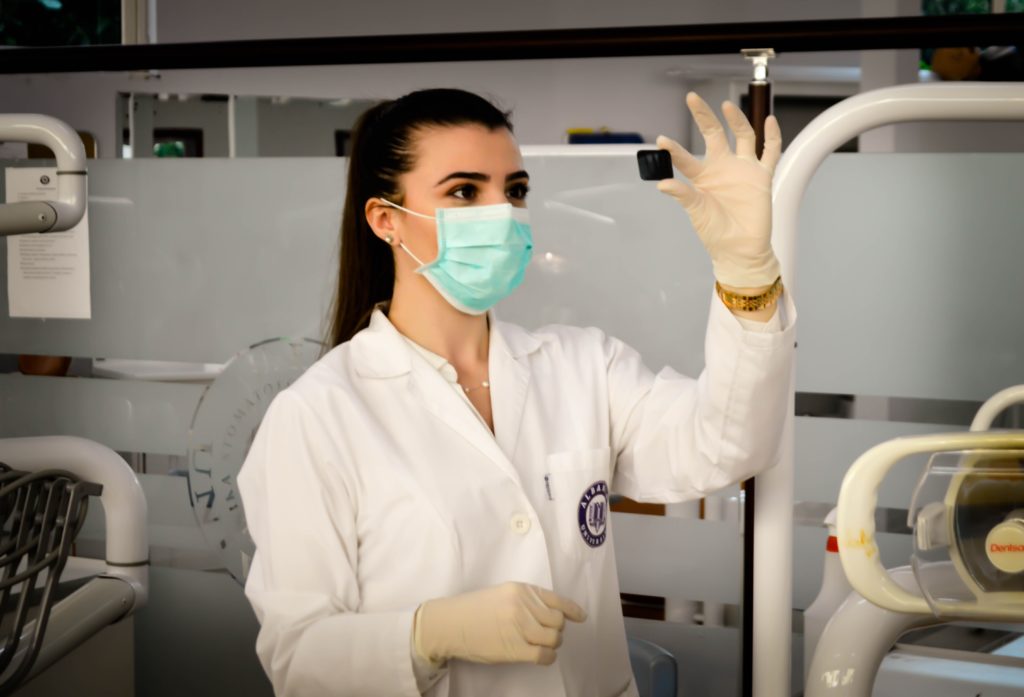




You want to:
-Be inspired by companies developing innovative health products and services
-Keep a close eye on new technologies transforming the healthcare sector and the way conscious people manage their own health
–Inspire your teams to innovate and think creatively and align your management/teams on strategic topics to prioritise
– Learn about the transformation encountered by the healthcare industry (UX, data, AI, blockchain) and how other companies are changing their ways of working (open innovation, intrapreneurship, lean startup, human-centric design, etc)
– Improve the cohesiveness of your team for more effectiveness
– Embark your key stakeholders into your new vision of the world by offering them to participate in a learning experience designed to deliver on your messages
Where to learn from to get a glimpse of the future of healthcare?
Bangalore, healthtech hub in India
1- Solving the shortage of healthcare professionals and material with tech
In India, there is a shortage of doctors and nurses. India has 1.7 nurses per 1,000 population, 43% less than the World Health Organisation norm (3 per 1,000). The shortage of doctors in rural areas is another major problem.
As one of the most dynamic tech community in the world, entrepreneurs in Bangalore are trying to solve the problem by using telemedicine and connected devices. In the midst of the Covid-19 crisis, the community has worked on many initiatives, from piloting a pop-up intensive care unit (ICUs) within a hospital to helping scale up the manufacture of medical equipment (ventilators and masks) with technologies such as 3D printing, or launching AI-powered helplines in collaboration with state governments.
2- High tech used by hospitals to boost efficiency:
To help the population access to affordable high quality healthcare, hospitals such as the Narayana Health Group, have implemented tools using advanced analytics, machine learning and artificial intelligence, across their operations. They are able to know the exact number of beds needed in real-time, managing the surgeon and nurse staff accordingly, monitoring consumables and antibiotic use as well as blood requirement. AI will benefit doctors by deciphering X-Rays to point out any irregularities. Using such technologies allows the Group to reduce costs and improve the delivery of quality services to the patients.
3- Bangalore boiling healthtech startups ecosystem:
Bangalore is a city with lots of tech talents and startups. Healthtech is one of the flourishing sectors there, with more than 500 startups. Among them, Portea is the pioneer of in-home medical care, Practo is the leading platform to book appointments with doctors, CloudPhysician helps ICU doctors to monitor more beds remotely with predictive analytics, or Wysa uses AI as a conversational agent that has been shown to help improve mental health.
Tel Aviv, epicenter of healthcare innovation
1- AI to monitor and diagnose health diseases
There are more than 200 startups in Healthtech in Tel Aviv (Tracxn). Most of them are using advanced technologies such as AI to conduct diagnostics and to monitor health. To name a few: Healthy.io is turning your smartphone into a medical device, CardiacSense has developed the world first clinically proven medical wearable device for monitoring heart arrhythmias and MDGo is creating a real-time crash analysis regarding car damage & injuries, saving lives and automating the claim process for crash accidents.
2- Sheba Medical Center, healthtech innovation epicenter:
Sheba Medical Center, 30 min from Tel Aviv, Israel, is the epicenter of healthcare innovation in the country, producing myriad success stories over the years. This prompted it to devise a strategy called ARC, which stands for accelerate, redesign, and collaborate, and is based on four principles: invest in digital health, welcome startups, focus on collaboration, and build a facility to stimulate further innovation. This philosophy guides the organization’s approach to innovation.
The Center is also building a 250,000-square-foot facility, the ARC Innovation Center, which will house five buildings on the medical center’s campus in Ramat Gan, a suburb of Tel Aviv, upon completion in 2025. Startups not only can rent space, but they also have access to Sheba’s data, clinicians, and clinical sites, including opportunities to run pilots.
3- Israeli startups at the forefront of the Covid-19 crisis:
Healthcare startups in Tel Aviv are very innovative with regard to the current Covid-19 crisis. At the start of the outbreak, about 100 Israeli physicians volunteered to lead video Q&A sessions with quarantined Covid-19 patients in China. The company IsraAID was offering remote stress-management courses for Chinese healthcare workers, while the firm Soapy introduced an antiviral soap for its automatic handwashing microstations already used in many countries. Besides, Antimicrobial Fabrics is developing facemasks that potentially kill, not only block, coronavirus.
Lagos, Nigeria, a critical healthcare ecosystem
1- Using technology to improve access to healthcare :
Nigeria is struggling to provide good healthcare services to its inhabitants. There is a lack of doctors and very poor medical care. This leads to bad health issues in the country, with an average mortality age of 54 years old.
However, in order to improve access to healthcare, healthtech entrepreneurs supported by the Nigerian Government are focusing on connected medicine and Iot.
The Pan African e-Network project is an Agenda 2063 flagship project. It is an information and communications technology (ICT) project between India and the African Union that seeks to connect the 55 member states of the Union through a satellite and fiber-optic network to India and to each other to enable access to and sharing of expertise between India and African states in various areas, including telemedicine. As of today, telemedicine consultations and tele-expertise sessions were carried out successfully, as well as continuous medical education sessions were held through the network for nurses and doctors.
2- A growing healthtech ecosystem:
The tech ecosystem in Lagos is one of the most dynamic in Africa, and healthtech one of the most flourishing sectors. Inspiring startups are for example LifeBank, a platform that makes blood available when and where it is needed. It works first as a blood donor database and second as a marketplace for hospitals and blood banks. Recently, during the Covid-19 crisis, while maintaining blood deliveries, the company has turned its attention to seeking critical medical equipment for Coronavirus treatment and has created a national register to track hospitals with working ventilators and respirators.
Other interesting startups include the O2O diagnostic & treatment solution for malaria WellaHealth, the telemedicine service The Medical Concierge Group, the family planning education app Every1mobile, the medical record app Helium Health, and more.
Interested to organize your learning expedition?
